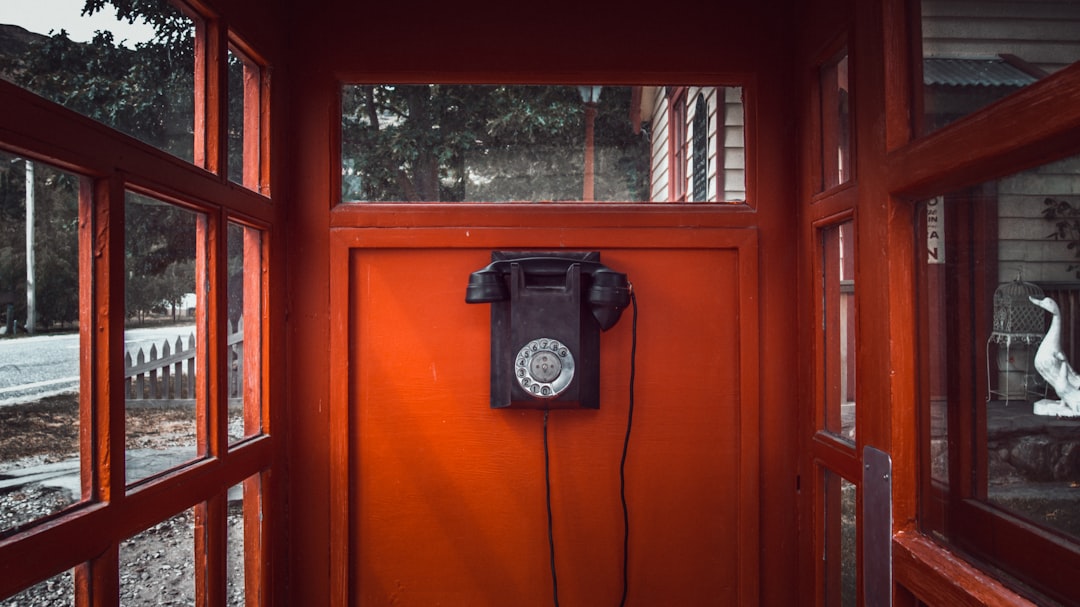Kansas' No Call Laws protect residents from unwanted telemarketing calls by allowing them to opt-out of marketing calls via the state's Do Not Call list. These laws restrict cold calls, prerecorded messages, and automated systems unless consent is given, preserving privacy and peace of mind. Violations can be reported to the Kansas Attorney General's Office, with corrective actions including documenting calls and seeking legal advice for persistent infringements.
“Kansas No Call Laws: A Comprehensive Guide for Pittsburg Residents. Discover key facts and understand your rights in this ever-evolving regulatory landscape. Learn how these laws protect you from unwanted phone calls, clarifying which types of calls are prohibited and what exceptions exist. We break down the steps to take if your rights are violated, ensuring you’re equipped with knowledge in navigating these rules. Stay informed about Kansas No Call Laws.”
Understanding Kansas No Call Laws: An Overview

In Kansas, No Call Laws are designed to protect residents from unwanted telephone solicitations and sales calls. These laws give individuals the right to opt-out of receiving marketing calls, ensuring their privacy and peace of mind. The Kansas No Call Law applies to both live operators and automated or prerecorded messages.
Residents of Pittsburg can register their phone numbers on the state’s Do Not Call list, which is a powerful tool in curbing unsolicited calls. Once registered, businesses are prohibited from making telemarketing calls to these numbers. This law is an essential component of consumer protection, enabling residents to control their communication preferences and enjoy more tranquil lives.
Who Does the Law Protect?

The No Call Laws in Kansas are designed to protect residents from unwanted telemarketing calls and sales pitches. These laws restrict businesses from making telephone solicitations to individuals who have registered their numbers on the state’s Do Not Call list. The primary goal is to give residents control over their phone privacy, ensuring they don’t receive annoying or intrusive marketing calls.
The law applies to various forms of communication, including live operators, prerecorded messages, and automated dialling systems. It safeguards not only homeowners but also tenants and people listed on joint accounts. By registering with the Do Not Call list, Kansas residents can rest assured that their numbers are off-limits for most telemarketing activities, offering them peace of mind and a more peaceful home environment.
What Types of Calls Are Prohibited?

In Kansas, No Call Laws are designed to protect residents from unwanted telemarketing calls. According to these laws, it is illegal for businesses and organizations to make telephone solicitations to Kansas residents if the caller does not have a prior business relationship with the recipient or has not obtained written consent from the resident. This means that cold calls offering products, services, or promotions are typically prohibited.
The laws also extend to specific types of calls, such as those made before 8:00 a.m. or after 9:00 p.m., except in cases of emergency. Additionally, Kansas No Call Laws restrict the use of automated dialing systems and prerecorded messages without prior consent. Residents who feel their rights have been violated can file a complaint with the Kansas Attorney General’s Office, which actively enforces these regulations to ensure residents’ privacy and peace of mind.
Exclusions and Exceptions to the Rule

The No Call Laws in Kansas aim to protect residents from unsolicited phone calls, but there are certain exclusions and exceptions to keep in mind. These laws generally prohibit commercial telemarketers from calling Kansas residents before 9 a.m. or after 8 p.m., except under specific circumstances. For instance, calls placed with the consent of the recipient, such as when a resident has signed up for a service or requested information, are exempt.
Additionally, certain organizations like charitable institutions, political campaigns, and debt collectors have varying regulations. They may call at any time, but they must still comply with do-not-call requests if made. It’s crucial for Pittsburg residents to understand these exceptions to ensure their privacy and to know when they can expect calls and when they shouldn’t.
Enforcing Your Rights: Steps to Take If Violated

If your rights under Kansas No Call Laws are violated, there are several steps you can take to enforce them. First, document the calls received by noting down details such as the caller’s number, date, and time of each call. This information will be crucial if you decide to file a complaint with the Kansas Corporation Commission (KCC).
You can also register your number on the state’s Do Not Call list, which is a proactive step to reduce unwanted calls in the future. If the violation persists, consider seeking legal counsel or reaching out to consumer protection agencies for guidance. They may be able to assist you in taking formal action against the violator, ensuring your rights as a Kansas resident are upheld under the state’s No Call Laws.






